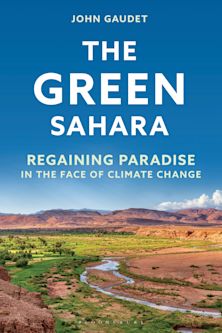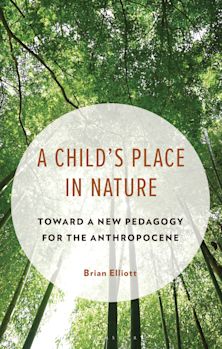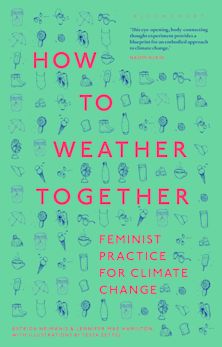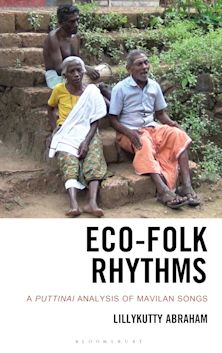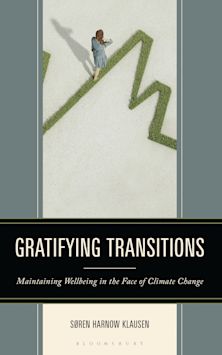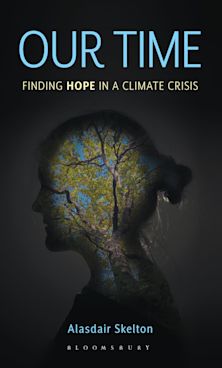Wicked Weather
Natural Disasters that Changed History
Wicked Weather
Natural Disasters that Changed History
Payment for this pre-order will be taken when the item becomes available
Description
Looks at the most significant natural disasters in Earth's history and considers whether we can prevent them from happening again.
Natural disasters occur on a regular basis throughout the world with severe events occurring every few years or less. Each disaster type impacts human settlements in different ways and can be local, affecting small countries or areas, or global, affecting the world. These disasters destabilized populations, the governments of provinces and countries, and drastically impact populations and the priorities of a nation in response to a natural disaster. In other words, they changed history.
In Wicked Weather, Alexander Gates explores these notable environmental disasters and their impacts, raising the question: What can we do to prevent this from happening again? After an introduction on why certain disasters occur most often in specific areas, Gates covers history's most impactful volcanic eruptions, earthquakes, hurricanes/cyclones/typhoons, tornadoes, droughts, floods, and tsunamis. Each chapter investigates significant cases of each environmental disaster that shifted power in a region, caused wars, toppled governments, or changed policies and the way people approached life in these parts of the world.
Gates also examines the field of disaster management and the agencies that handle it-what can be done during, immediately after and well after a natural disaster and how society can respond and recover. These progressions can lead to complete rebuilding of communities with safeguards to reduce the impact of the next disaster. Wicked Weather is a fascinating study of our worst disasters, a call to action as we face a dangerously changing climate, and a guide to limiting our susceptibility to the forces of nature.
Table of Contents
Chapter 2: What Makes Natural Disasters Occur in Certain Areas?
Chapter 3: Volcanic Eruptions
Chapter 4: Earthquakes
Chapter 5: Hurricanes
Chapter 6: Tornadoes
Chapter 7: Tsunamis
Chapter 8: Droughts and Famines
Chapter 9: Floods
Chapter 10: Can It Happen Again?
Notes
Index
About the Author
Product details

| Published | Feb 19 2026 |
|---|---|
| Format | Ebook (Epub & Mobi) |
| Edition | 1st |
| Extent | 264 |
| ISBN | 9781538198940 |
| Imprint | Bloomsbury Academic |
| Publisher | Bloomsbury Publishing |
Reviews

ONLINE RESOURCES
Bloomsbury Collections
This book is available on Bloomsbury Collections where your library has access.















